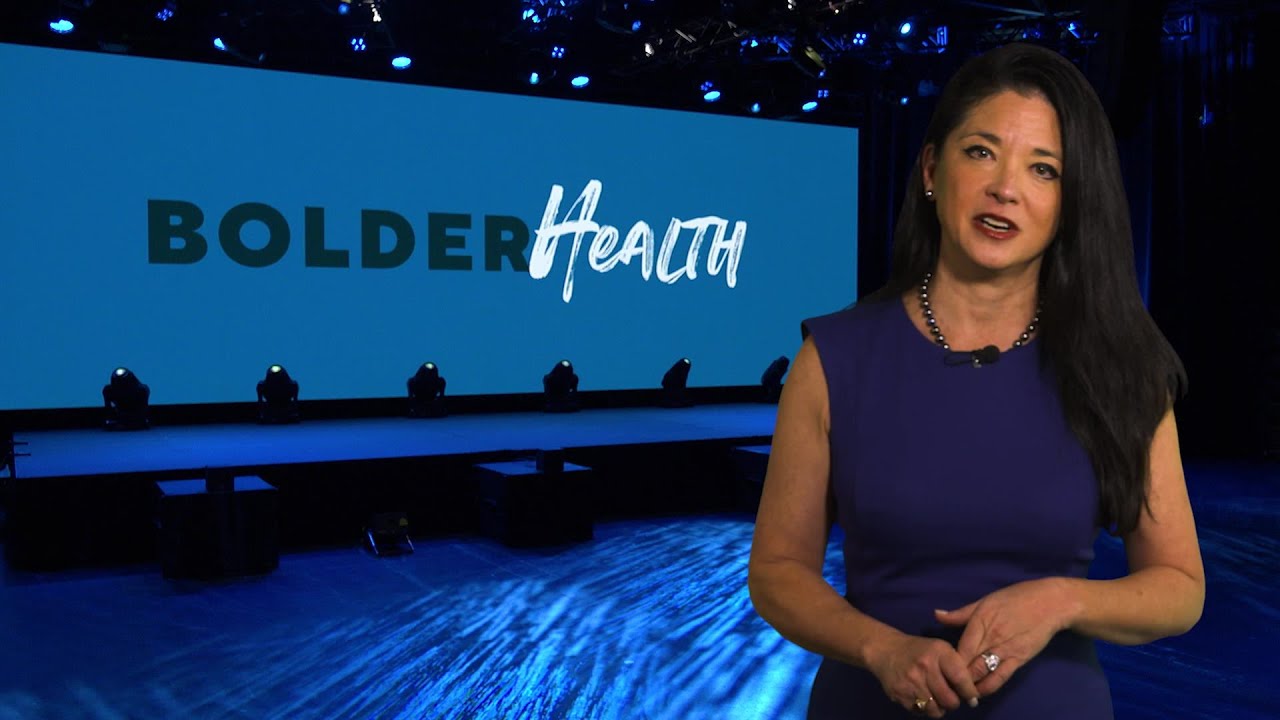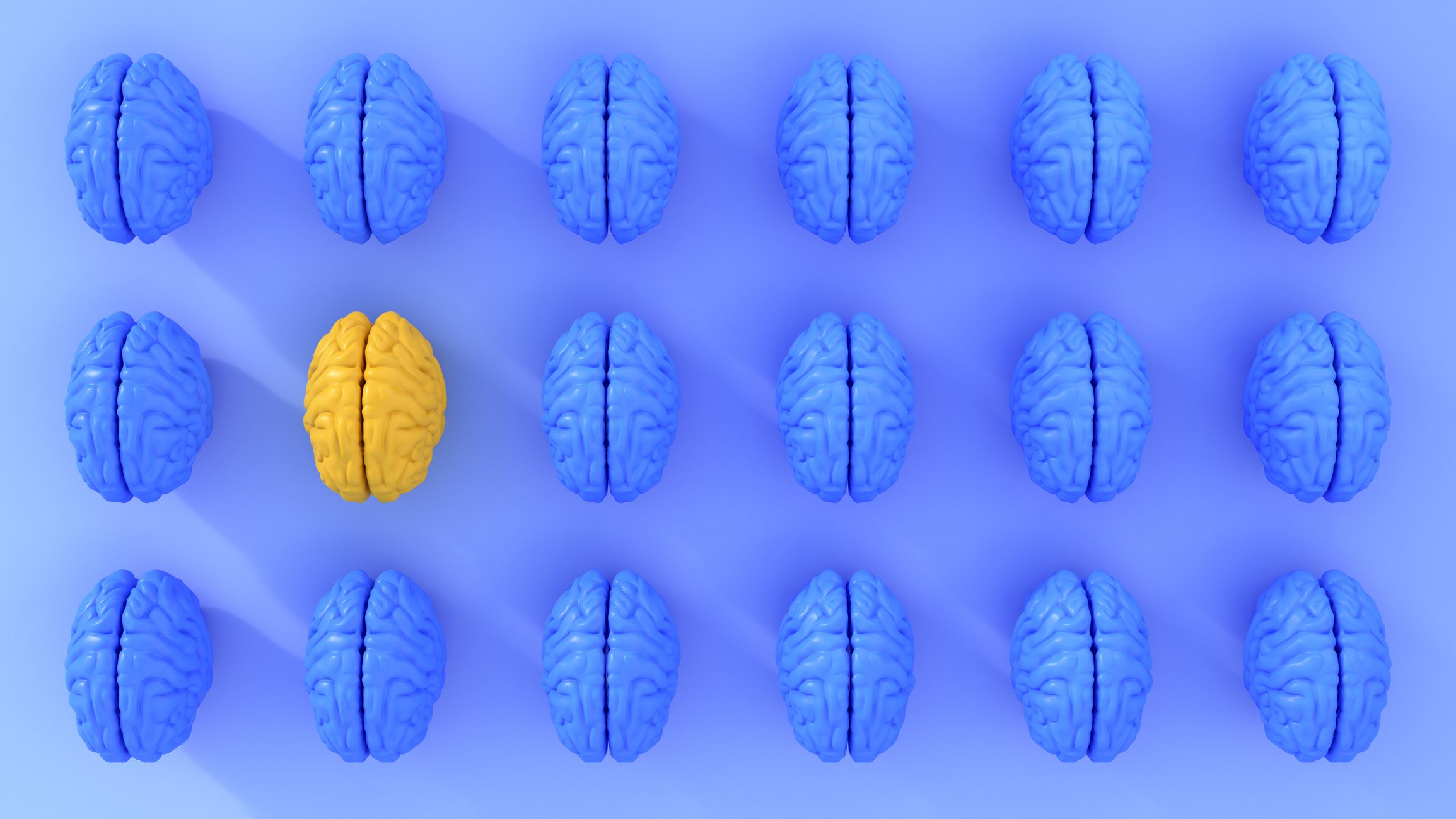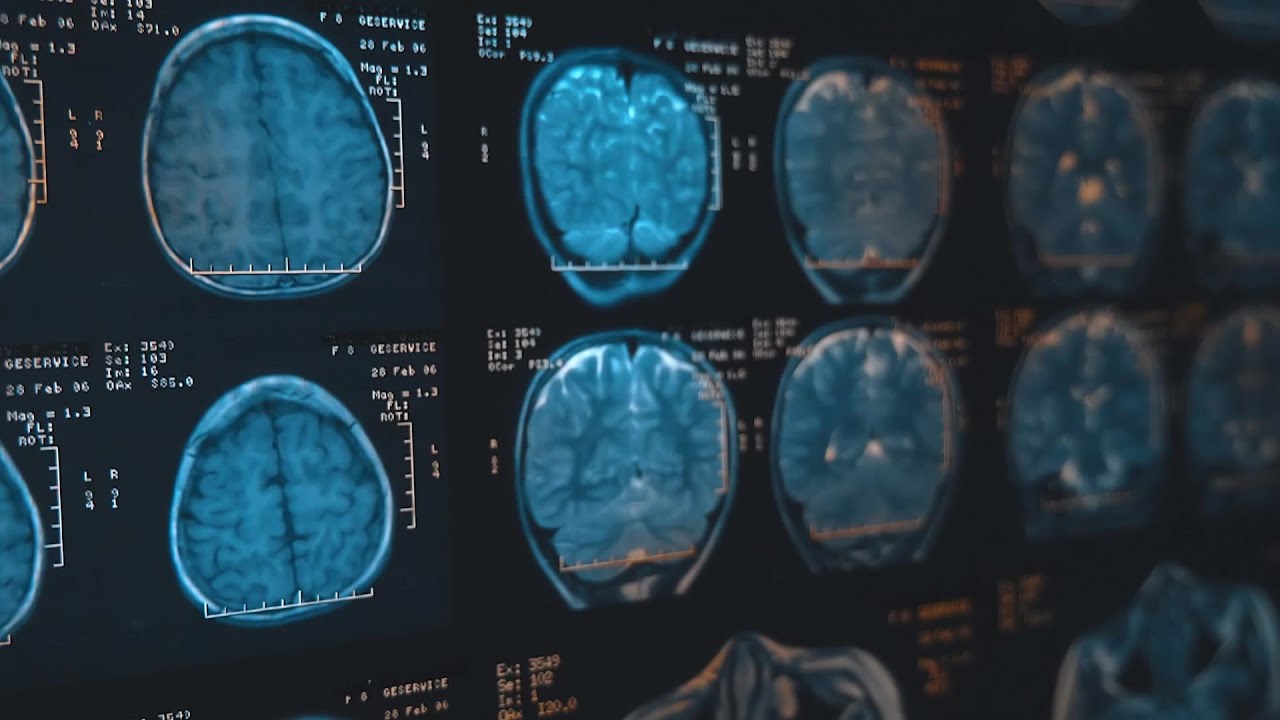You have a good caffeine buzz going. It’s the sweet spot. But when is taking another sip too much for your body to process?
Rob M. van Dam, a researcher in epidemiology and nutrition from the National University of Singapore, offers sound advice to help us wisely manage our caffeine consumption.
But here’s the most important takeaway: Listen to your body.
“If you’re getting tremors, feeling suddenly nervous, or your heart rate is changing, it could well be that you’re drinking too much caffeine,” van Dam told cnn.com. “And similarly, it can interfere with a good night’s sleep.
“You may want to say, ‘Well, let’s try to cut down caffeine and not drink it after a certain time in the afternoon and see if that improves my sleeping habits.’ So, it’s really something every individual has to experiment with for themselves — how much caffeine they drink and when they drink it.”
Mitigating factors come into play as well. Smokers can metabolize caffeine in the liver about twice as fast, so it allows them to drink caffeine later in the day without worrying about losing sleep. On the flip side, women who use oral contraceptives take twice as long to metabolize caffeine.
In general terms, up to 400 milligrams (mg) of caffeine a day is considered safe for most healthy adults. Since a normal 8-ounce cup of coffee has about 100 milligrams of caffeine, that’s roughly four cups of brewed coffee, or 10 cans of cola or two “energy shot” drinks.
“Another recommendation is to keep it to no more than 200 milligrams per sitting,” van Dam, said. “Even though you may drink four cups a day, you don’t want to drink four cups in one go — that will be too much for the body to metabolize, for most people at least.”
Bottom line: Assuming caffeine is not a health risk, enjoy … in moderation.














